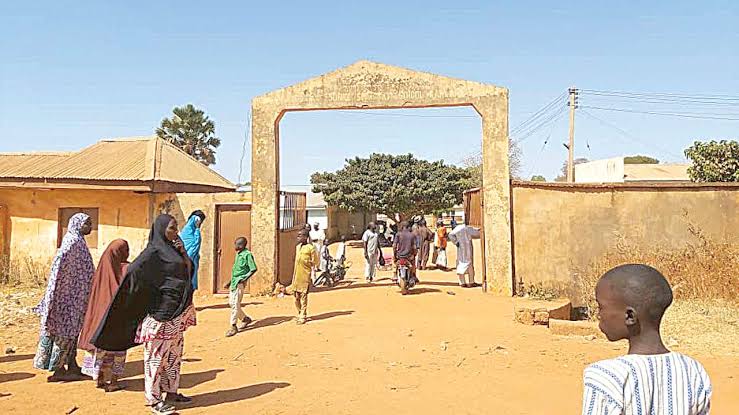The United Nations Resident and Humanitarian Coordinator for Nigeria, Mr. Edward Kallon, has warned the Federal Government on the dangers of attack on schools and abduction of students.
Kallon, who condemned the incessant attacks on schools, said kidnappings have affected hundreds of children in a number of states in the country.
The UN official, who raised the alarm that education is under attack in Nigeria, said “the collective future of Nigeria is under threat.”
He said this in a statement on the 2021 International Day to Protect Education from Attack, commemorated every 9 September.
The statement, which was titled, “UN condemns attack on schools, calls for more efforts to protect students and ensure uninterrupted teaching and learning”.
Kallon noted that attacks on schools are “a direct attack on the future generation”, adding that “it is traumatic for the children, undermines their individual dignity, and sometimes leads affected families to withdraw them from education entirely”.
“I strongly condemn every form of attack that has kept many children away from schools. I call on the Federal and State Governments to do more to protect schools from attack and to ensure that teaching and learning is safe and conducive in all schools in Nigeria,” he added.
The Resident Coordinator noted that “whenever teaching and learning is disrupted, the impact on human capital development is enormous as the recovery period is always tortuous and longer than the length of the initial disruption.”
According to him, Nigeria cannot afford to leave the situation of incessant attacks on schools to remain unabated.
He said, “Children are traumatized; parents are scared; teachers and school administrators are afraid; attacks on schools are gradually spreading to areas not known to insurgencies. With education under attack, the collective future of Nigeria is under threat. This must stop now!”
He encouraged the Federal Government to review progress made in implementing safe schools under the declaration and fully put into practice commitments made in 2019 by taking decisive action to protect education from attack and give “this great nation’s children the chance to fulfill their promise.”
Kallon explained that too often, the right to education fell under attack, especially in conflict-affected areas, where entire populations could be denied learning.
He said, “With over 10 million children already out of school, conflict has aggravated the situation and deeply affected education and the prospects of many young people, especially its most vulnerable ones. In the last academic year, it is estimated that 1.3 million children have been impacted by attacks or abductions at schools in Nigeria.
“Across the north-east region alone, over 600,000 children remain out of school and some 1.1 million need educational support to stay in school. This has all been compounded by the setbacks due to the COVID-19 pandemic.”
Over the past five years, according to UNESCO, there have been 13,400 reports of attacks on education facilities worldwide with more than 22,000 students and teachers harmed or killed.
In Nigeria, about 1,000 students have been abducted since December after bandits started to hit schools.
Most have been released after negotiations, but scores are still being held in forest camps.
